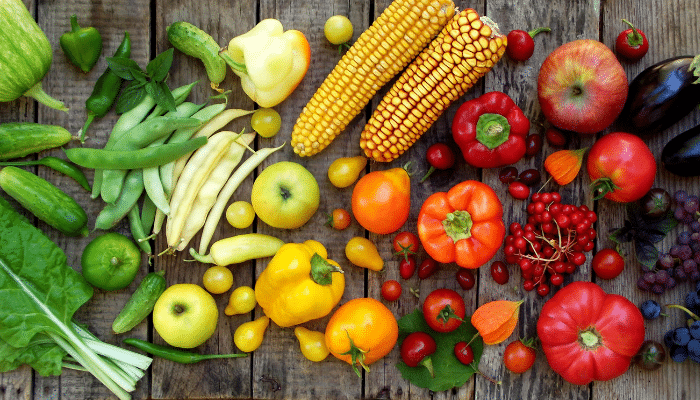DGCCRF just published the results of its monitoring plans for pesticide residues in plant foods in 2017.
These plans are used to monitor compliance with Regulation No 396/2005 applicable since 1 September 2008, which aims to protect consumer health by setting MRLs in food produced and marketed on the European market.
During these controls,
4,958 samples of products of plant origin (fruit, vegetables, cereals, spices, etc.) placed on the French market were analysed, including
621 under the enhanced import controls and
423 active substances were tested.
Pesticide residues were quantified for 2511 samples, including 62.9% of fruits, 43.1% of vegetables, 52.6% of cereals and 22.7% of processed products.
316 were above the MRL, which represents 3% of fruit samples, 2.4% of vegetables, 7 cereal samples and 1 processed product sample.
The non-compliance rate in 2017 was
2.3% for
general monitoring (2.1% in 2016).
As part of the enhanced
import control plan, 58 consignments were declared non-compliant (9.3%) and were therefore destroyed or rejected at the border.
Food produced in France must comply with European MRLs in order to be placed on the market, but must also be compatible with marketing authorisations (MA) for plant protection products (PPP) according to the uses considered.
Out of
2574 controlled foodstuffs of French origin, 4% contained traces of active substances whose use is not authorised in France.
As a result of these controls,
57 warnings and
13 minutes were issued.
Please note that our laboratory is accredited in flexible scope for the detection of pesticide residues in products of plant origin. For more details, you can consult our COFRAC technical appendix N°1-1904 on our website or on the COFRAC website.
For any technical, pricing or regulatory information, do not hesitate to
contact us.





